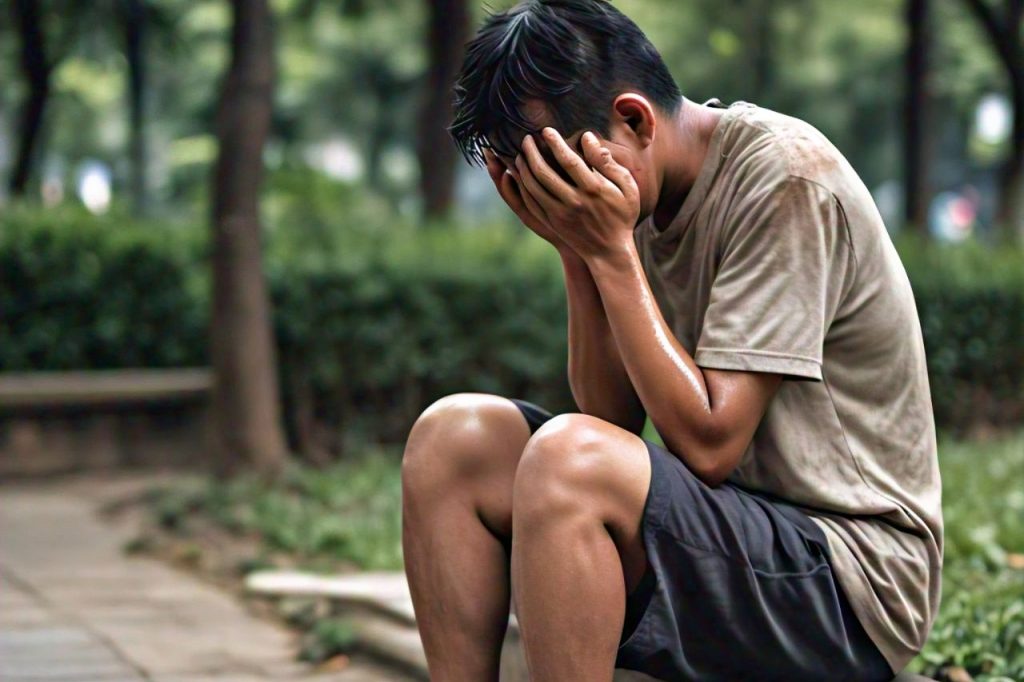Dehydration occurs when your body loses more fluids than it takes in, leading to an imbalance in essential electrolytes and affecting normal bodily functions. Recognizing dehydration symptoms is crucial to preventing complications and maintaining optimal health. This comprehensive guide dives deep into the causes, common signs, treatments, and prevention strategies related to dehydration symptoms, helping you stay informed and healthy.
What is Dehydration?
Dehydration happens when your body does not have enough fluids to carry out normal functions. Water is essential for regulating temperature, maintaining organ function, and supporting cellular processes. Even mild dehydration can lead to noticeable symptoms, while severe dehydration can be life-threatening.
Causes of Dehydration
Dehydration can be triggered by various factors, including:
- Inadequate Fluid Intake: Not drinking enough water during daily activities or exercise.
- Excessive Sweating: Hot weather, intense workouts, or fever can cause excessive fluid loss.
- Illnesses: Vomiting, diarrhea, or fever can lead to rapid fluid loss.
- Diuretics: Medications or substances like caffeine and alcohol that increase urination.
- Chronic Conditions: Diseases like diabetes or kidney disorders can increase the risk of dehydration.
Common Dehydration Symptoms

Recognizing dehydration symptoms early can prevent it from worsening. Here are some common signs grouped by severity:
Mild to Moderate Dehydration Symptoms
- Thirst: The most immediate signal that your body needs water.
- Dry Mouth and Lips: A sticky or parched feeling in the mouth.
- Dark Yellow Urine: Indicates concentrated waste due to lack of fluids.
- Decreased Urination: Urinating less frequently than usual.
- Fatigue or Lethargy: Lack of energy and a feeling of tiredness.
- Headache: A common symptom caused by reduced blood flow to the brain.
- Dizziness or Lightheadedness: Especially noticeable when standing up quickly.
Severe Dehydration Symptoms
- Extreme Thirst: An intense need for fluids.
- Dry and Cool Skin: Your skin may lose its elasticity.
- Rapid Heartbeat or Breathing: The body compensates for reduced blood volume.
- Sunken Eyes: A visible sign of fluid loss.
- Low Blood Pressure: Can lead to fainting or shock in extreme cases.
- No Urination: A critical sign of severe dehydration requiring immediate medical attention.
- Confusion or Irritability: Affected mental state due to inadequate fluid supply to the brain.
Dehydration Symptoms in Different Age Groups
Dehydration symptoms can vary across age groups. Understanding these differences is essential for early detection and management.
In Infants and Children
- Sunken soft spot (fontanel) on the head.
- Dry diapers for 3+ hours.
- Crying without tears.
- Lethargy or irritability.
In Adults
- Persistent thirst.
- Dry skin and mucous membranes.
- Decreased physical performance and cognitive function.
In Older Adults
- Reduced thirst perception, making dehydration harder to detect.
- Dry, inelastic skin.
- Confusion or dizziness that may mimic other conditions.
How Dehydration Affects the Body

Water plays a vital role in nearly every bodily function. When dehydration sets in, its effects can impact various systems:
- Brain Function: Dehydration symptoms like confusion and headaches arise due to reduced water availability for neurological processes.
- Circulatory System: Low fluid levels decrease blood volume, leading to rapid heart rate and low blood pressure.
- Digestive System: Constipation and reduced digestive efficiency are common.
- Kidneys: Dehydration forces the kidneys to work harder, increasing the risk of kidney stones and infections.
- Skin: Dry, flaky skin is a visible sign of insufficient hydration.
Diagnosing Dehydration Symptoms
While mild dehydration is often self-diagnosable, severe cases may require medical attention. Diagnosis typically involves:
- Physical Examination: Checking skin elasticity, heart rate, and blood pressure.
- Urine Analysis: Evaluating color and concentration for hydration status.
- Blood Tests: Measuring electrolyte levels and kidney function.
Treating Dehydration Symptoms
The treatment of dehydration depends on its severity:
For Mild to Moderate Dehydration
- Increase Fluid Intake: Drink water, oral rehydration solutions (ORS), or clear broths.
- Electrolyte Replacement: Use sports drinks or rehydration salts to restore electrolyte balance.
- Avoid Dehydrating Substances: Reduce consumption of caffeine, alcohol, and sugary beverages.
For Severe Dehydration
- Intravenous (IV) Fluids: Administered in medical settings to rapidly replace lost fluids and electrolytes.
- Monitoring and Support: Close observation of vital signs and electrolyte levels.
Cold-Weather Dehydration Symptoms
Dehydration isn’t limited to hot climates. During cold weather, symptoms can be harder to notice due to reduced thirst sensation and slower sweat evaporation. Common signs include:
- Chapped lips.
- Fatigue during outdoor activities.
- Difficulty concentrating.
Preventing Dehydration Symptoms
Prevention is key to avoiding dehydration and its associated symptoms. Follow these practical tips:
Stay Hydrated Daily
- Drink 8–10 glasses of water per day, adjusting for activity level and climate.
- Include hydrating foods like watermelon, cucumbers, and oranges in your diet.
Monitor Fluid Loss During Exercise
- Drink water before, during, and after workouts.
- For prolonged activity, opt for electrolyte-rich beverages.
Plan for Illness
- Keep oral rehydration solutions on hand for cases of fever, diarrhea, or vomiting.
Adjust for Climate and Activity
- Increase water intake during hot, humid, or high-altitude conditions.
- Layer appropriately during cold weather to manage sweat and prevent fluid loss.
Natural Remedies for Dehydration Symptoms
For mild cases, natural remedies can complement hydration efforts:
- Coconut Water: A natural source of electrolytes.
- Herbal Teas: Chamomile or mint tea can be soothing and hydrating.
- Homemade Rehydration Solutions: Mix water, salt, and sugar to replenish electrolytes.
Long-Term Effects of Chronic Dehydration
Untreated dehydration can lead to serious health complications over time, including:
- Kidney stones and chronic kidney disease.
- Urinary tract infections.
- Cognitive decline and memory issues.
- Cardiovascular strain due to reduced blood volume.
When to Seek Medical Help
While most cases of dehydration can be managed at home, seek medical attention if you experience:
- Persistent vomiting or diarrhea.
- No urination for 8+ hours.
- Severe symptoms like confusion, fainting, or rapid heartbeat.
Conclusion
Recognizing and addressing dehydration symptoms early is vital to maintaining overall health. From mild thirst to severe complications, understanding the warning signs can help prevent unnecessary risks. By staying proactive, increasing fluid intake, and adapting to environmental and physical demands, you can effectively manage and prevent dehydration.
Whether you’re battling hot weather, illness, or an intense workout, staying informed about dehydration symptoms and remedies ensures your body remains well-hydrated and functioning optimally.

